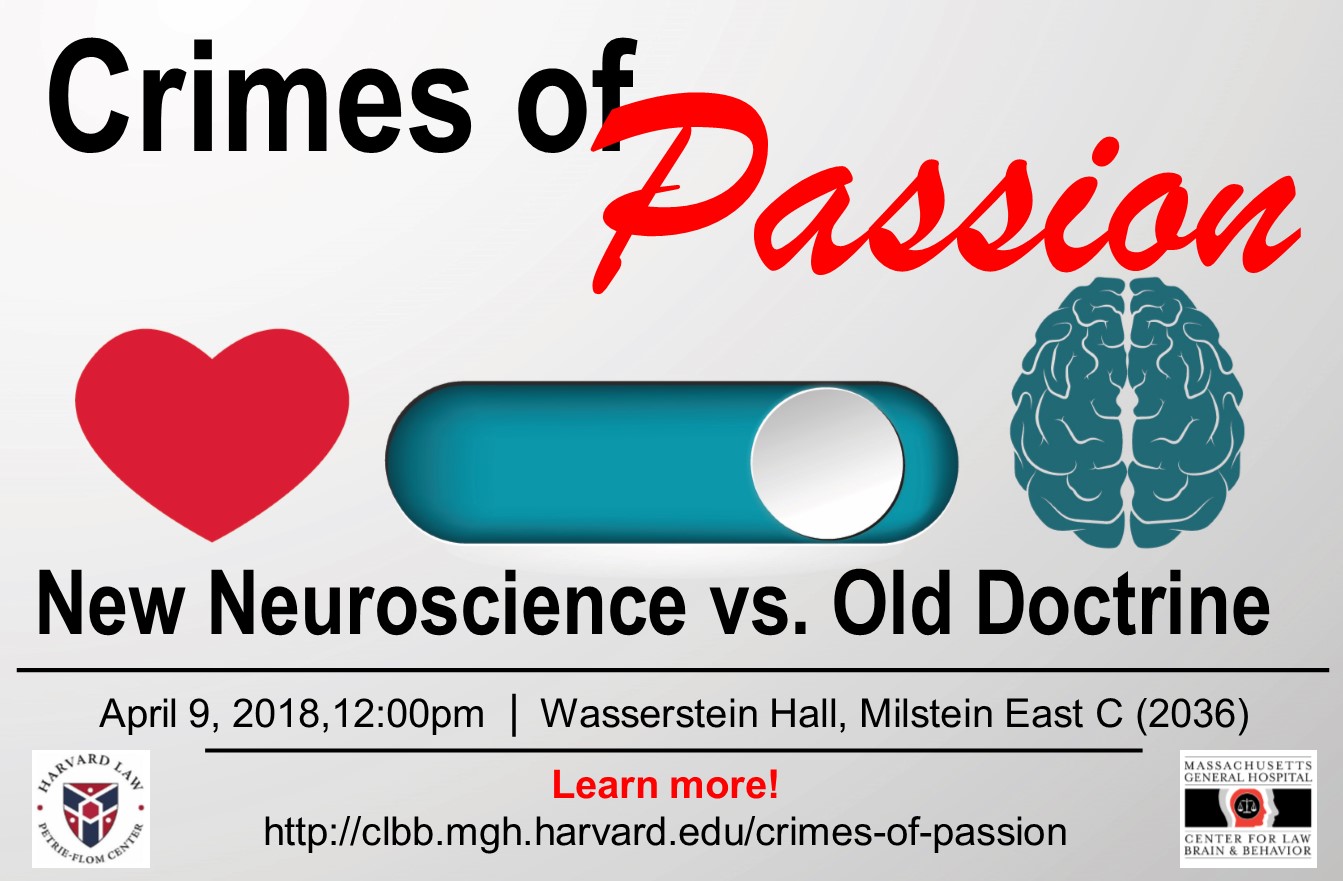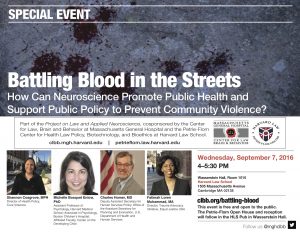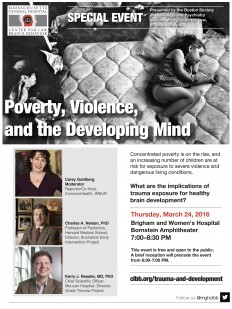
The criminal law often sees love and passion turned into violence. How does this happen? And how should law respond? Many doctrines, most notably the “heat of passion” defense – which historically has been used disproportionately to excuse the crimes of men against women – rely on a distinction between defendants who acted “emotionally” instead of “rationally.” But modern neuroscience has debunked the idea that reason and emotion are two entirely different mental states. This panel will explore how law should respond to this neuroscientific challenge to long-held doctrine.
Panelists:
Lisa Feldman Barrett, PhD, University Distinguished Professor of Psychology and Director of the Interdisciplinary Affective Science Laboratory at Northeastern University; Research Scientist, Department of Psychiatry, Northeastern University; Research Neuroscientist, Department of Radiology, Massachusetts General Hospital; Lecturer in Psychiatry, Harvard Medical School; Faculty Affiliate, the MGH Center for Law, Brain & Behavior
Judge Nancy Gertner (ret.), Senior Lecturer on Law, Harvard Law School and Managing Director, MGH Center for Law, Brain & Behavior
Jeannie Suk Gersen, JD, PhD, John H. Watson, Jr. Professor of Law
Moderator:
Judith G. Edersheim, JD, MD, Co-Founder and Co-Director, Center for Law, Brain & Behavior at Massachusetts General Hospital; Assistant Professor of Psychiatry, Harvard Medical School; attending Psychiatrist, Department of Psychiatry, Massachusetts General Hospital
The Project on Law and Applied Neuroscience is a collaboration between the MGH Center for Law, Brain & Behavior and the Petrie-Flom Center for Health Law Policy, Biotechnology, and Bioethics at Harvard Law School.
Watch a video of this event:





